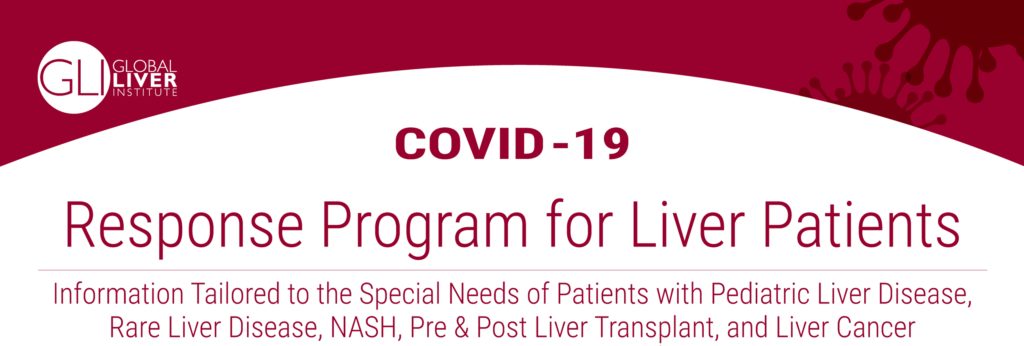
As COVID-19 vaccines roll out, more and more schools and workplaces are inching toward fully reopening for in-person work or instruction. While the mental health challenges of being disconnected from other people and our normal routines have been driving factors to the push for reopening at a pace faster than most countries and communities have reached 70% herd (community) immunity thresholds, an overlooked aspect has been the anxiety and uncertainty around navigating re-entering society.
Coping With Back-to-school or Back-to-workplace Anxiety
- Prepare. In terms of campus life after reopening, it will look very different from what you are used to. Be prepared for restrictions on in-person activities, cancellations of fieldwork and study abroad programs, and mandatory testings, as well as modifications to campus services. Always prepare for the most challenging scenario and make multiple backup plans (especially those that allow for virtual modality) for your academic year.
- If safe and available, try to incorporate in-person activities. More than one year into the pandemic, many people have experienced fatigue from online conferencing and classes. A recent study finds that among the causes of online conferencing exhaustion is “mirror anxiety,” a result of having to look at yourself and staying self-conscious for a long time. The study also shows that women are disproportionately experiencing fatigue from video calls than men. Here is a list of tips for combating and recovering from Zoom fatigue. Many also find online conferencing draining, especially because it fails to provide a sense of connection with others. If this sounds like you, try to identify safe, in-person alternatives to online events, classes, and/or meetings.
- Take advantage of mental health services. Many schools and workplaces offer insurance-covered professional counseling through telehealth and/or in-person appointments. Identify these resources by reviewing your student or employee wellness webpage or other resources. There might also be peer listening resources on school campuses and online as well.
- Connect with your old friends. Being separated from old friends and colleagues for more than a year is difficult, especially for those who are intimidated by the idea of having to meet new people. Having a coffee with people who were close to you, for example, might be a good way to re-start your social life.
- Make a regular sleep and eat schedule. For many, online learning came with disrupted sleeping and eating schedules, especially for those living in a different time zone from their schools. It is important to take care of yourself before you can take care of your schoolwork and social life. To get your sleep schedule back on track, here are some tips that might be helpful.
- Be your own “mother”. Getting back to school or to the workplace means being disconnected from family again to start a new life in another state or country. Many psychologists have recommended using the “be your own mother” principle when it comes to self-care. You can learn specific strategies to “mother” yourself here.
Pro Tips for Introverts:
- Connect with friends and family with technology. While introverts tend to re-energize in solitude, being one-on-one with family and friends can also be a source of emotional nourishment. Using technology allows introverts to maintain a healthy, “low-dose” social life without being pushed into small conversations and other stressful social situations.
- Maintain quarantine hobbies. To many introverts, quarantine time became an opportunity to develop some new hobbies. Some developed decent cooking skills, while others found drawing or writing a way to stay mindful. Continuing quarantine hobbies that you particularly enjoy will help you deal with reopening anxiety and readjust to the “normal.”
- Get outside. Studies have shown that spending time in nature has many physical and mental health benefits. Getting outdoors for a short walk, bike ride, or some garden work every day can help you stay in good mental health.
- Seek professional help as needed. As much as people are excited about reopening, many are still dealing with the costs of the ongoing pandemic. Losing a family member to the virus, struggling with a financial crisis, and facing racial discrimination all could have added to the immense emotional burden of the pandemic. Coping with COVID-related trauma and mental health issues often requires professional assistance, and it is crucial to get to know the resources available to you. If you or someone you know is experiencing a crisis or struggling to cope, please get immediate help with the resources provided by the Centers for Disease Control and Prevention (CDC).
- Structure your time. With in-person events and activities refilling their schedules, introverts might find it quite overwhelming. Thus, it can be helpful to structure your days to block off meaningful amounts of uninterrupted hours alone. Adjusting to the reopening does not necessarily mean that you have to sacrifice all the time spent alone.
- Know that you are not alone. If you are an introvert struggling with quarantine or reopening, the following articles might be of interest to you:
Special Advice for the Immunocompromised
- Ask for accommodations from your school or workplace if you do not yet feel safe going back. Request or propose plans for staging employees to maintain limited numbers in the office and social distancing.
- Maintain regular communication with your healthcare provider. Take advantage of telehealth platforms and virtual doctor visits. Ask your provider to describe to you the value and necessity of resuming in-person visits.
- Continue to secure your medications and groceries via contactless delivery, if possible. Make your outings matter! Many among the liver disease and transplant communities may not have high levels of immunity to COVID-19 infection despite having two doses of a vaccine. It is very important for liver patients, especially liver transplant recipients, to continue with precautionary measures, like handwashing and mask-wearing in most settings to reduce chances of infection. A study conducted by Johns Hopkins University has shown that only a small proportion of solid organ transplant recipients are able to generate positive antibody responses after the first dose of mRNA COVID-19 vaccines. To get more information on getting vaccinated as a transplant recipient, please read COVID-19 Vaccine Guidance for Liver Transplant Recipients.
Conclusion
The great reopening comes with both excitement and uncertainty. Many people treasured their time at home, by themselves, with family, able to take up new pursuits in lieu of commutes, while others cannot wait to have or attend a party or a sporting event. Even fully vaccinated people need to stay tuned to news about variants and the possibility of booster shots in the next few months. Human beings are social creatures and hopefully one of the outcomes of the last several months will be that we will value our connections with each other more dearly.


